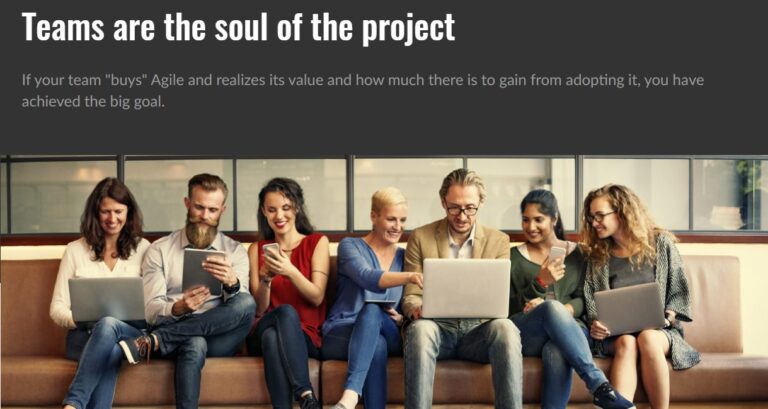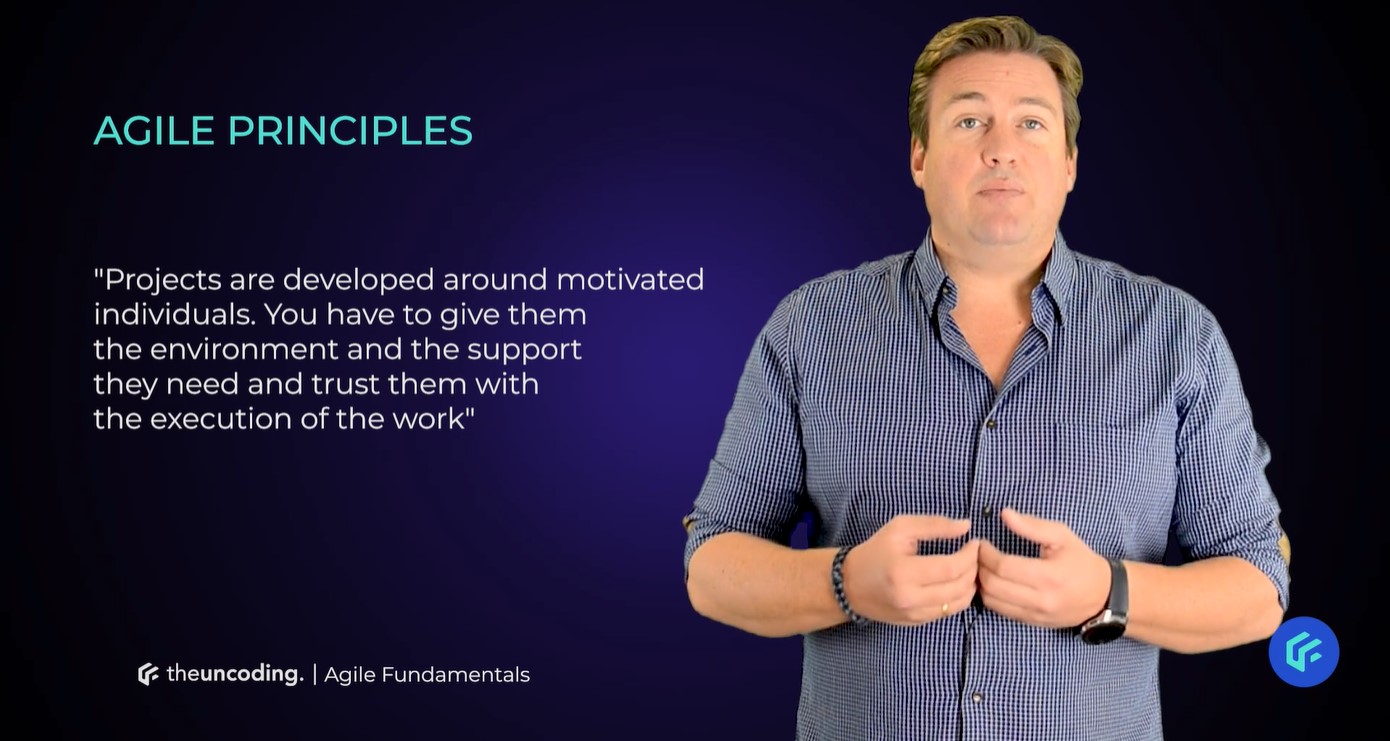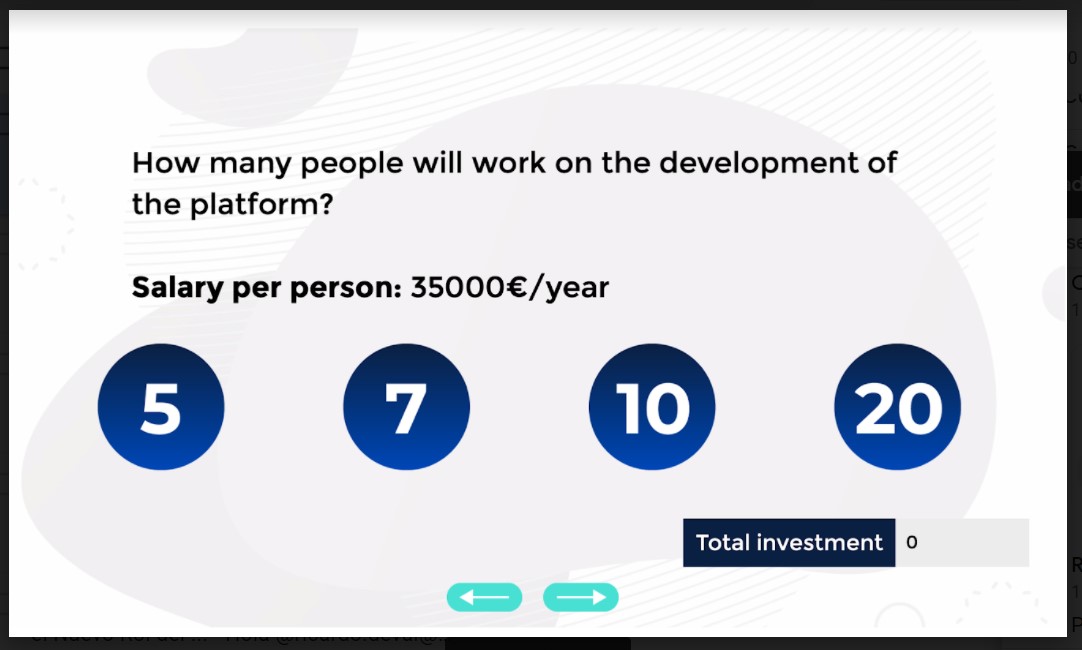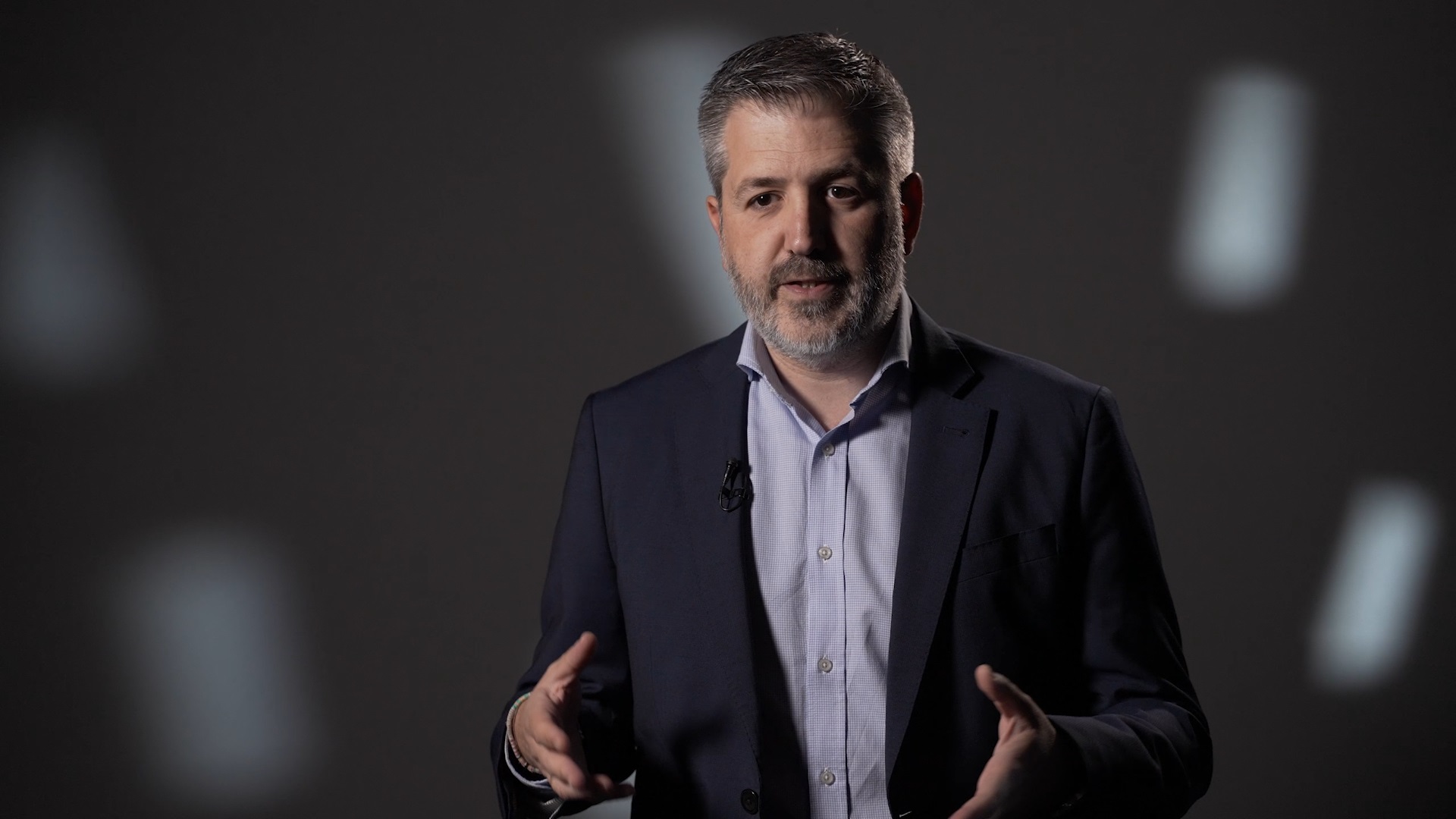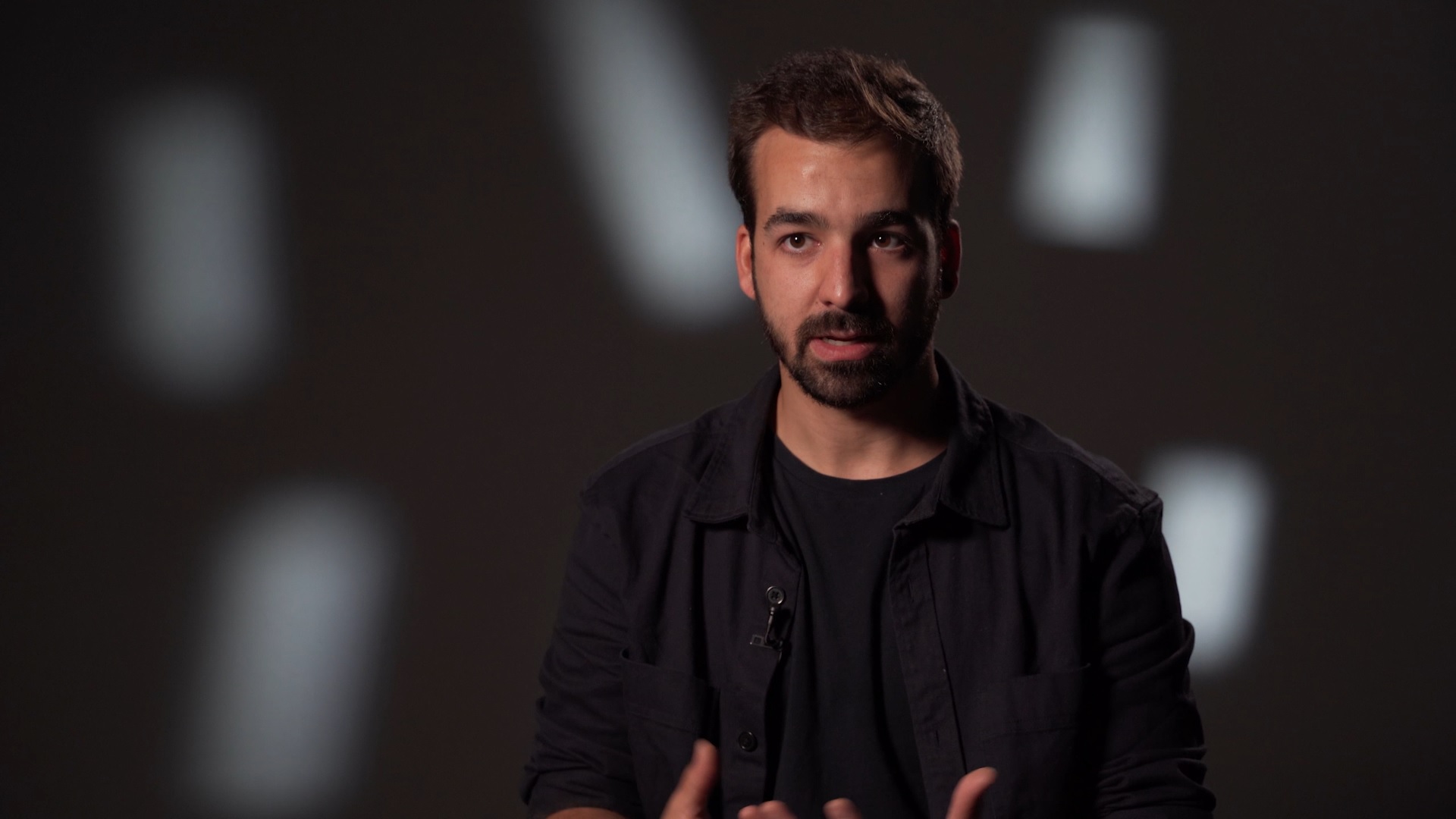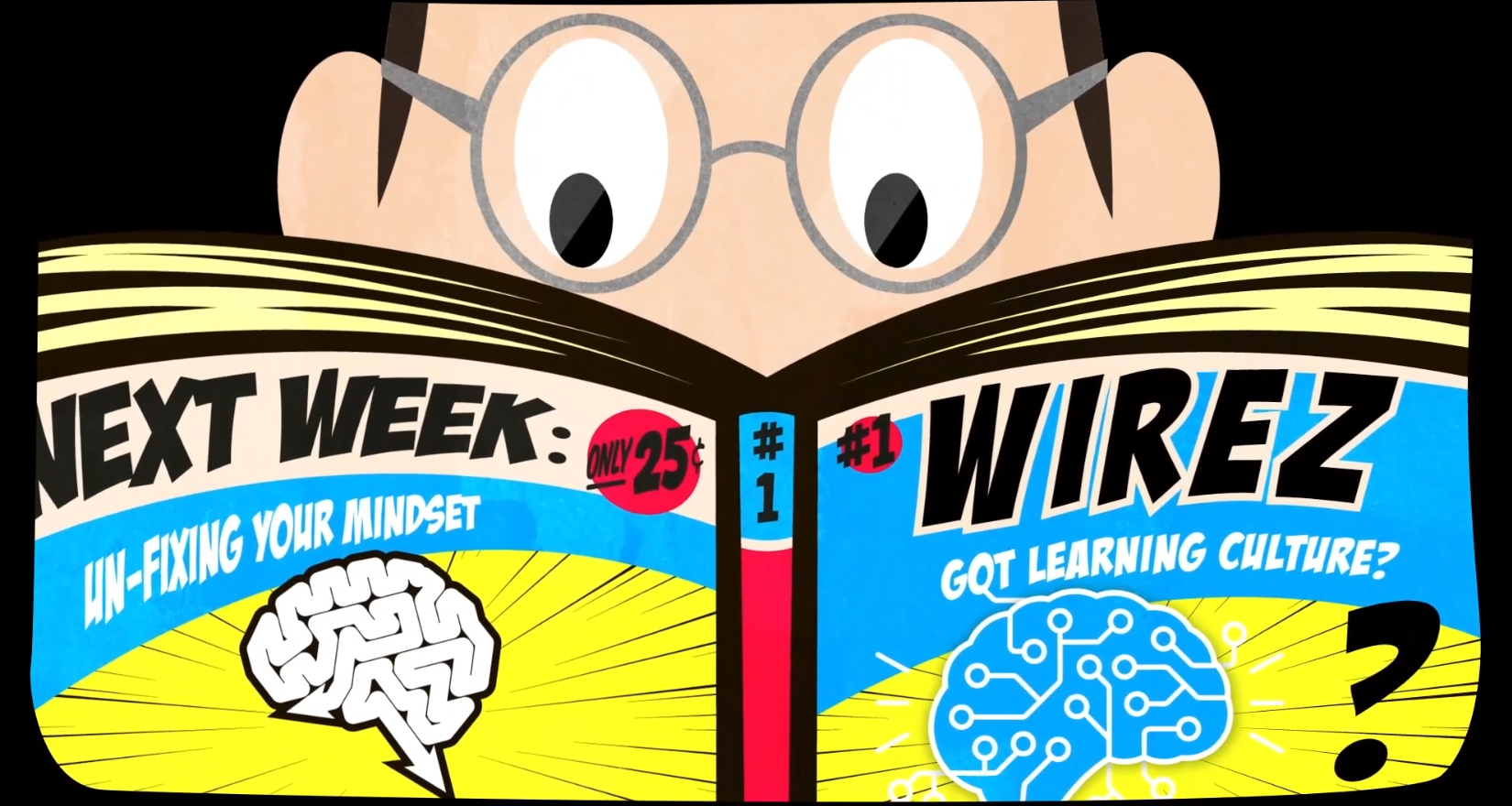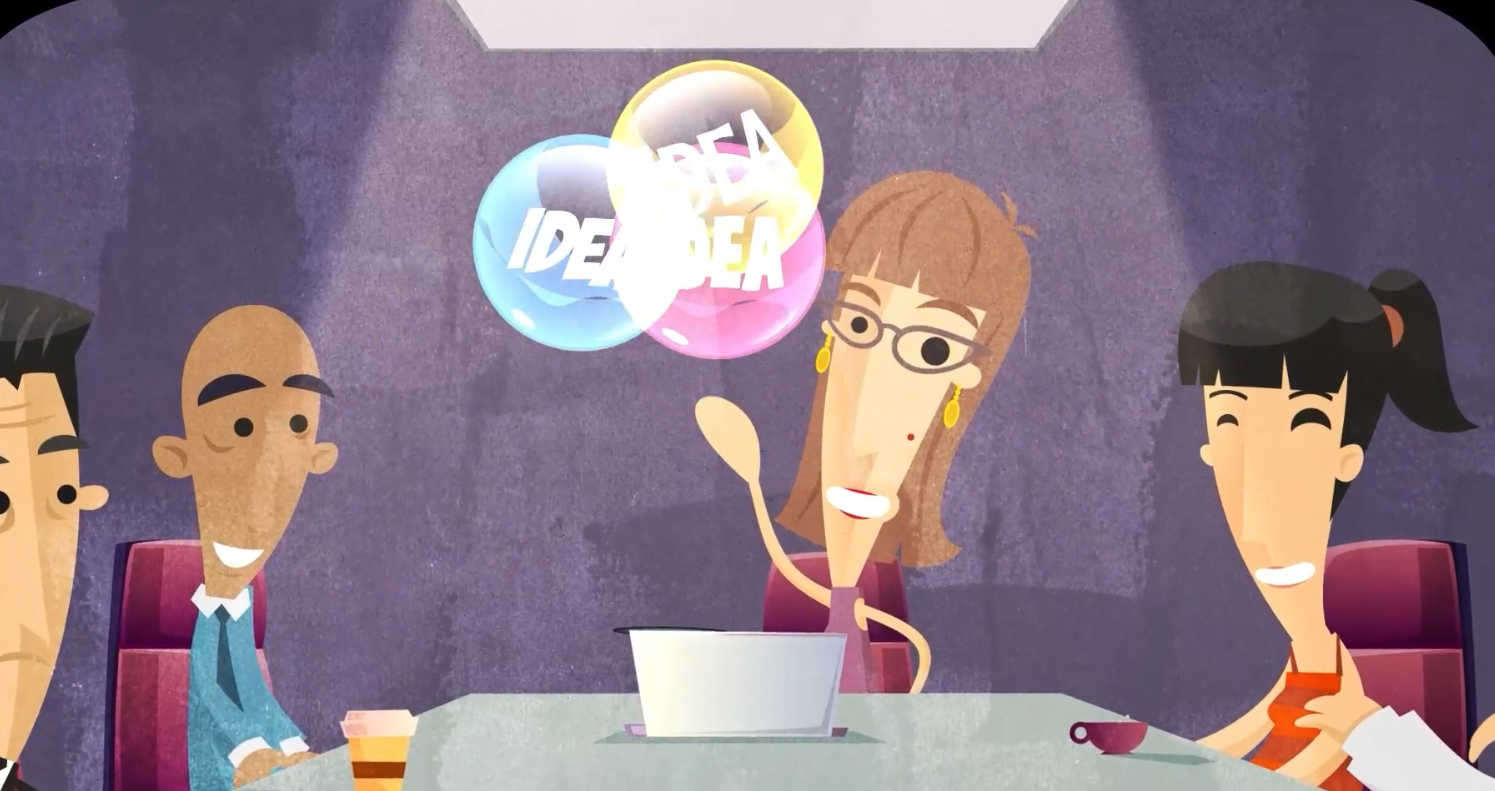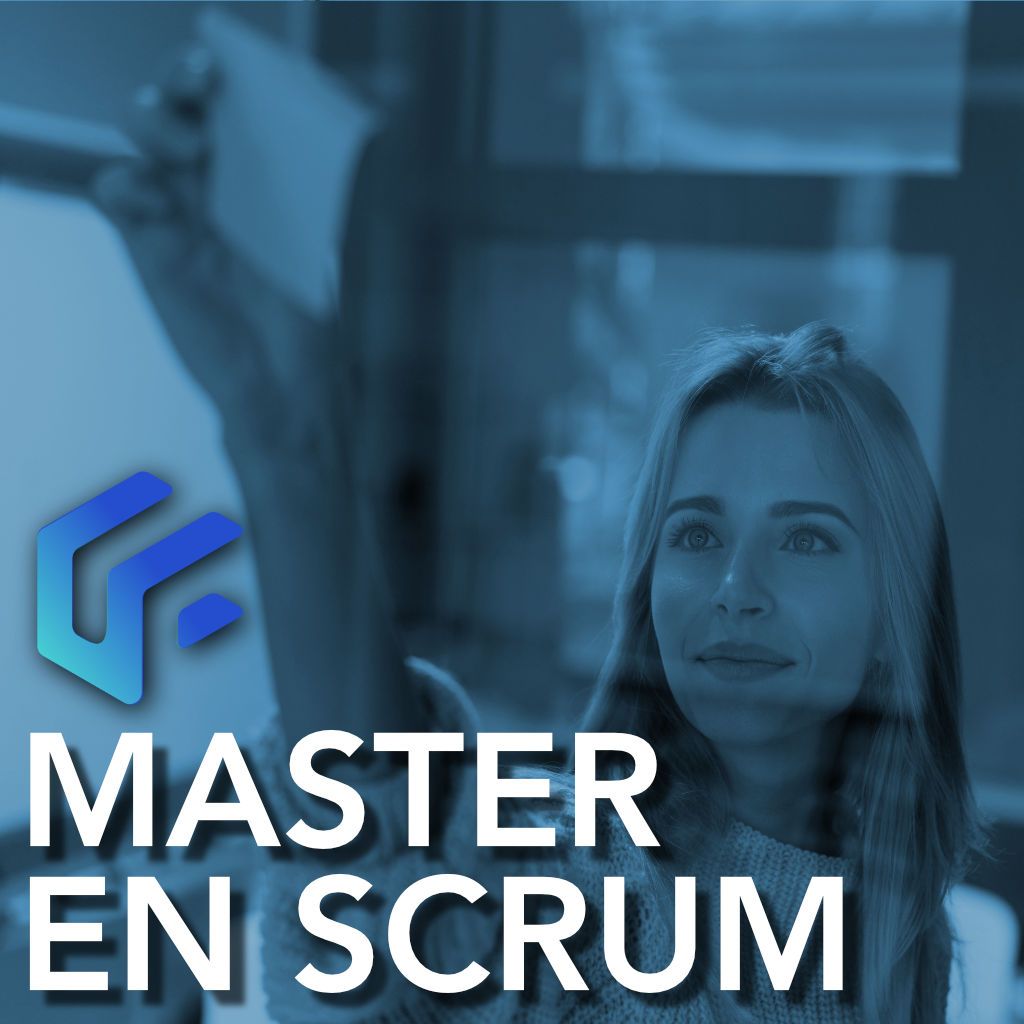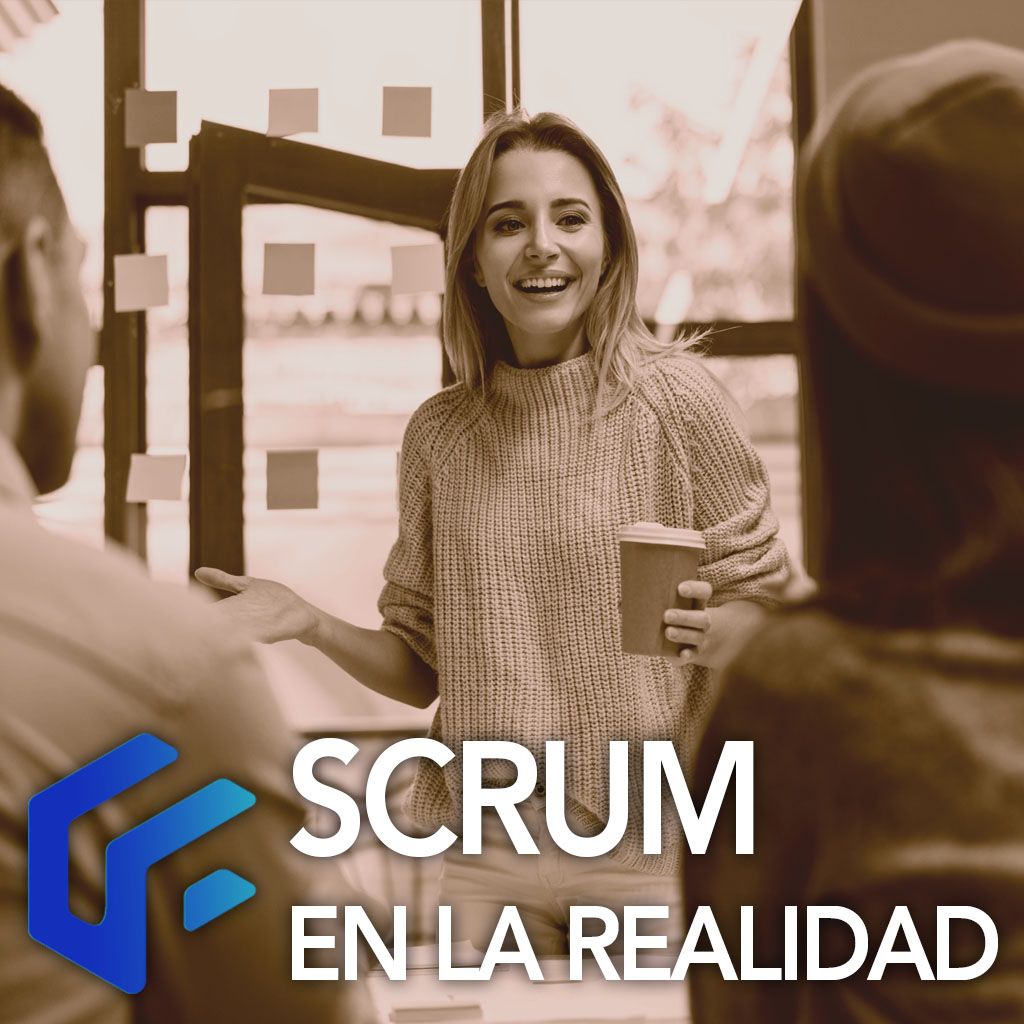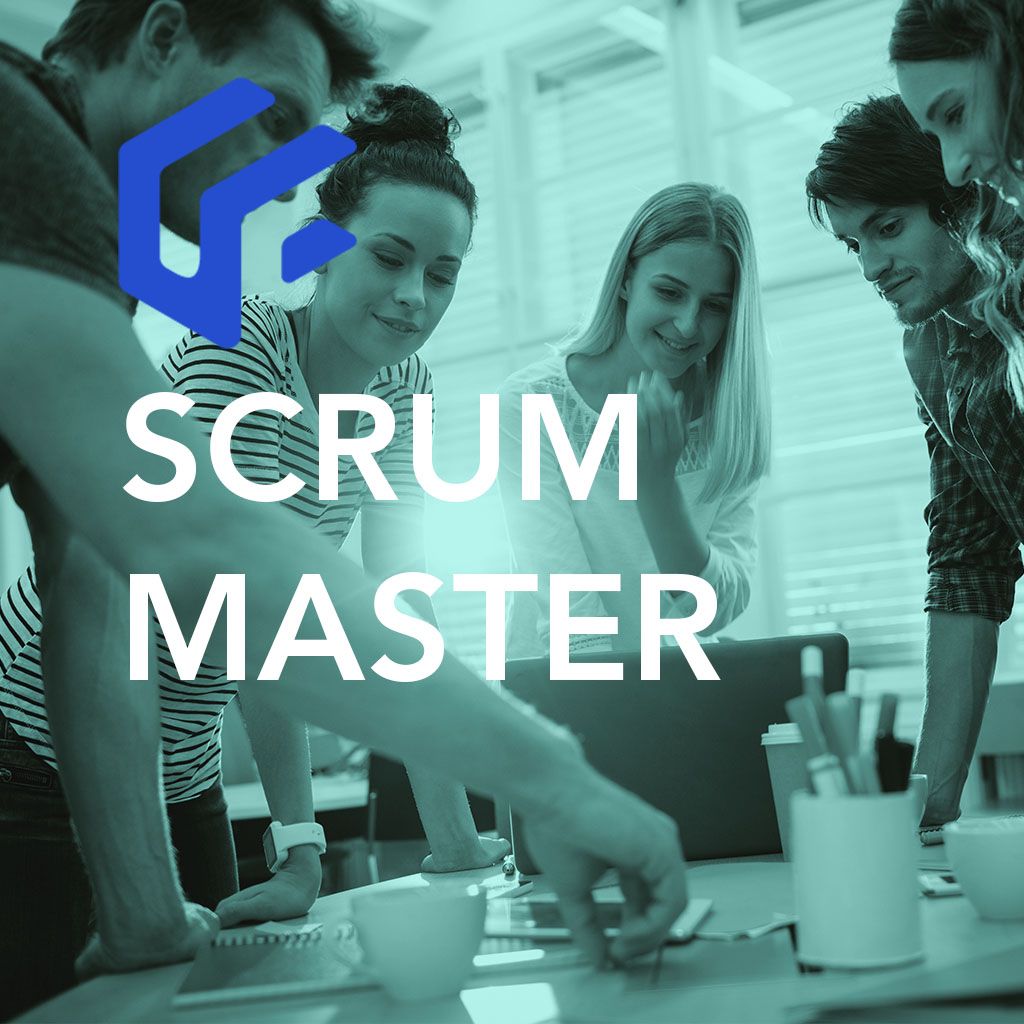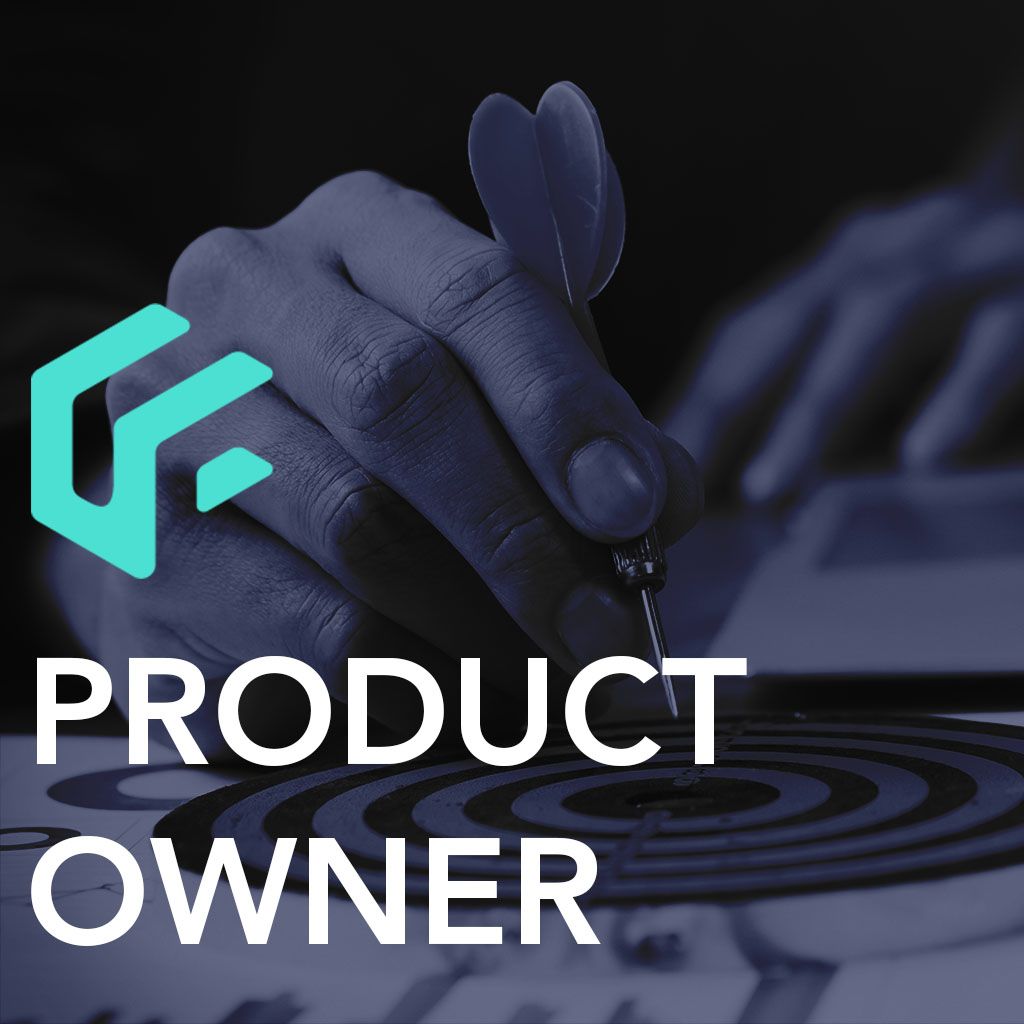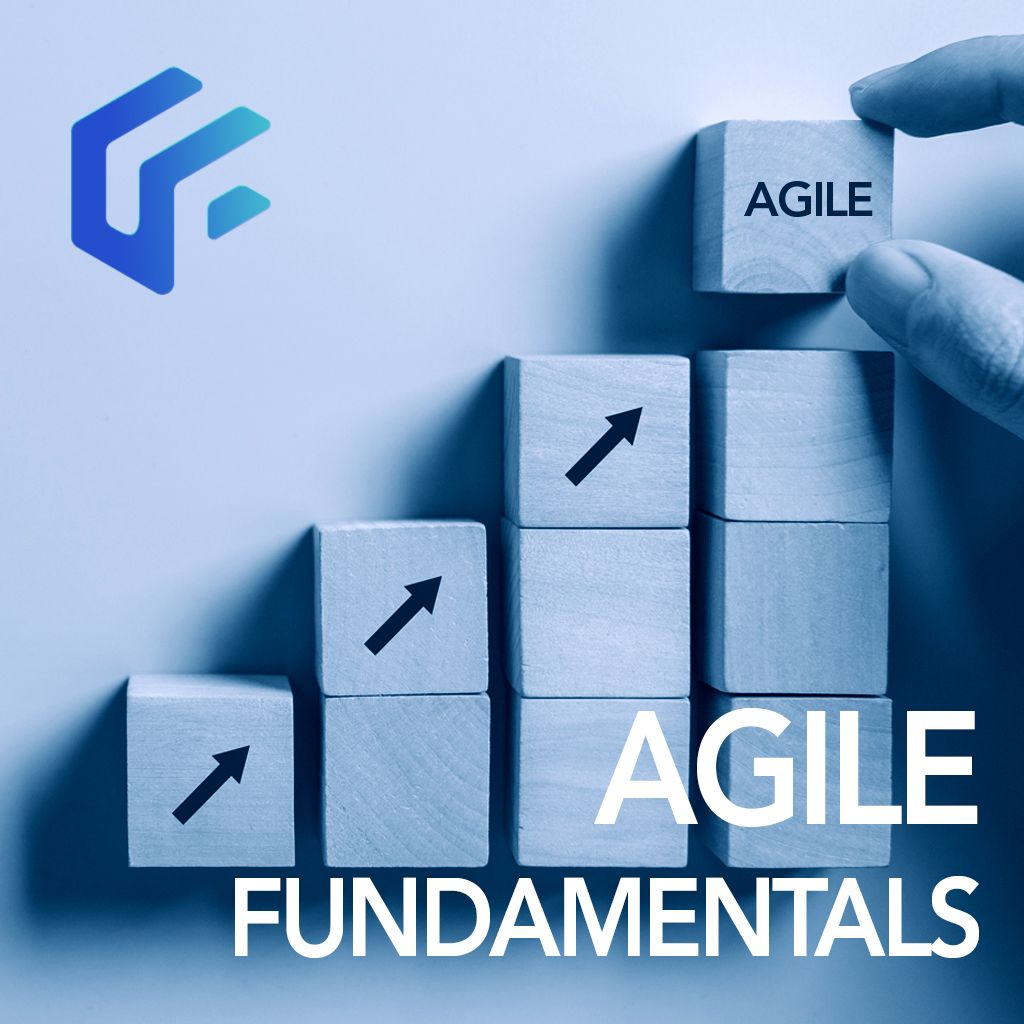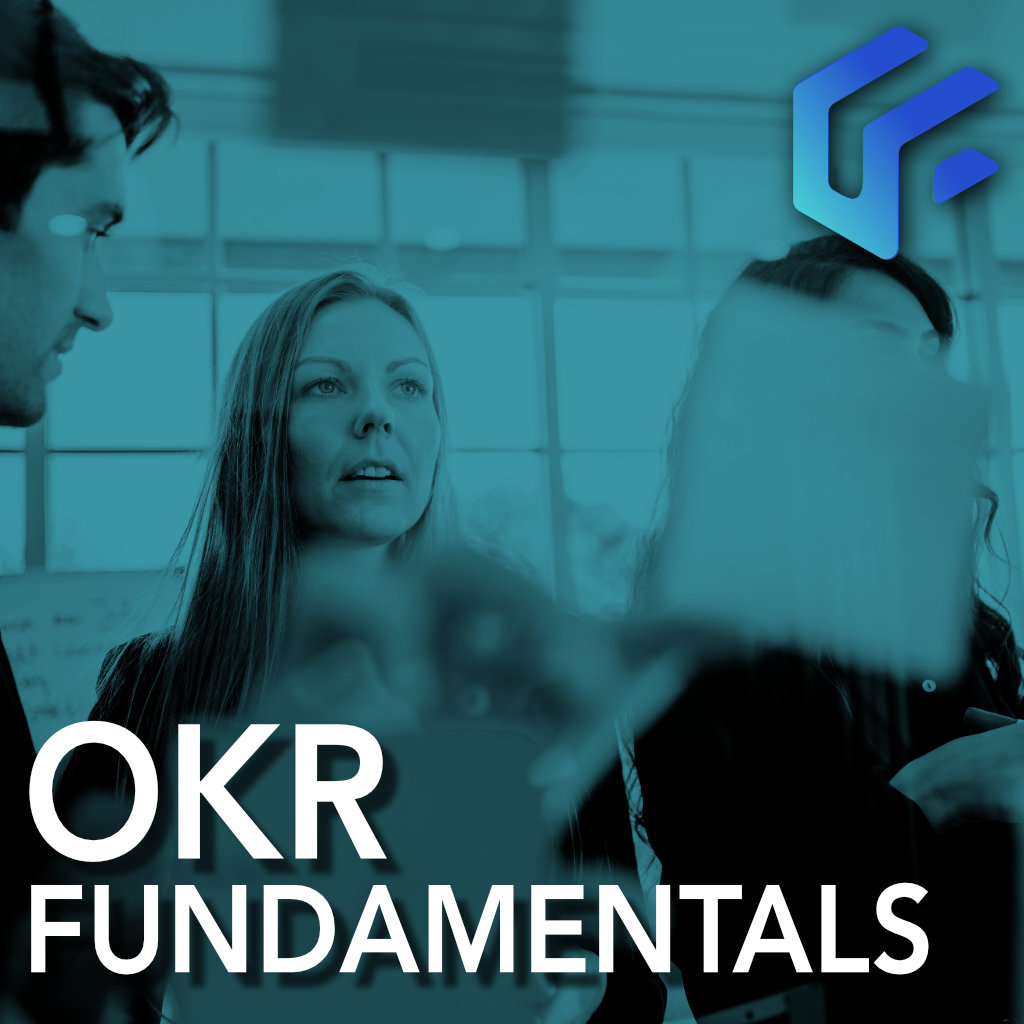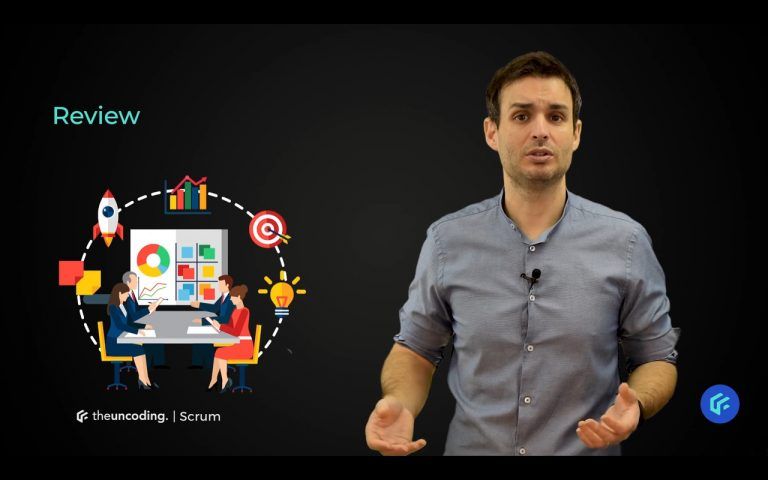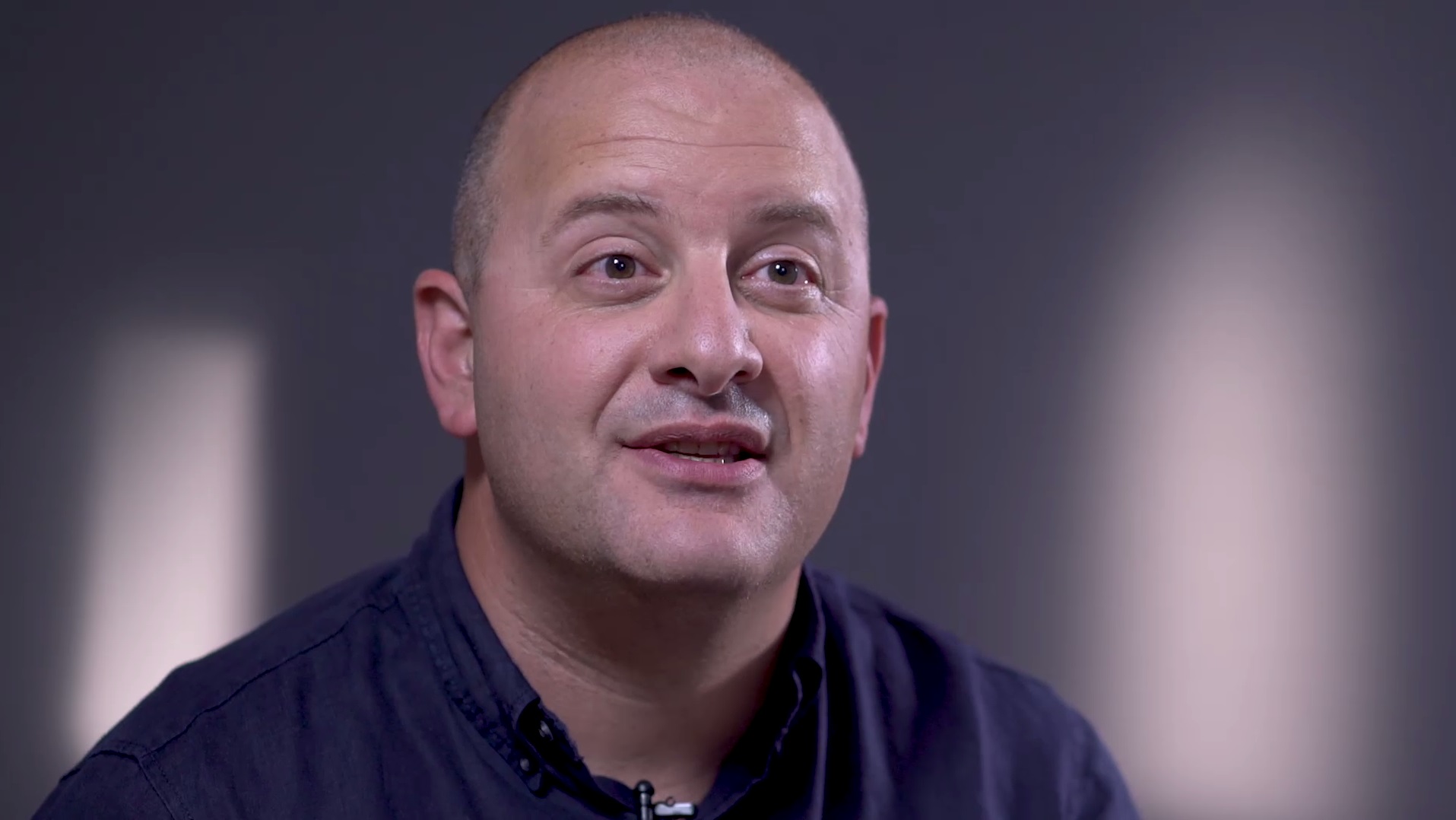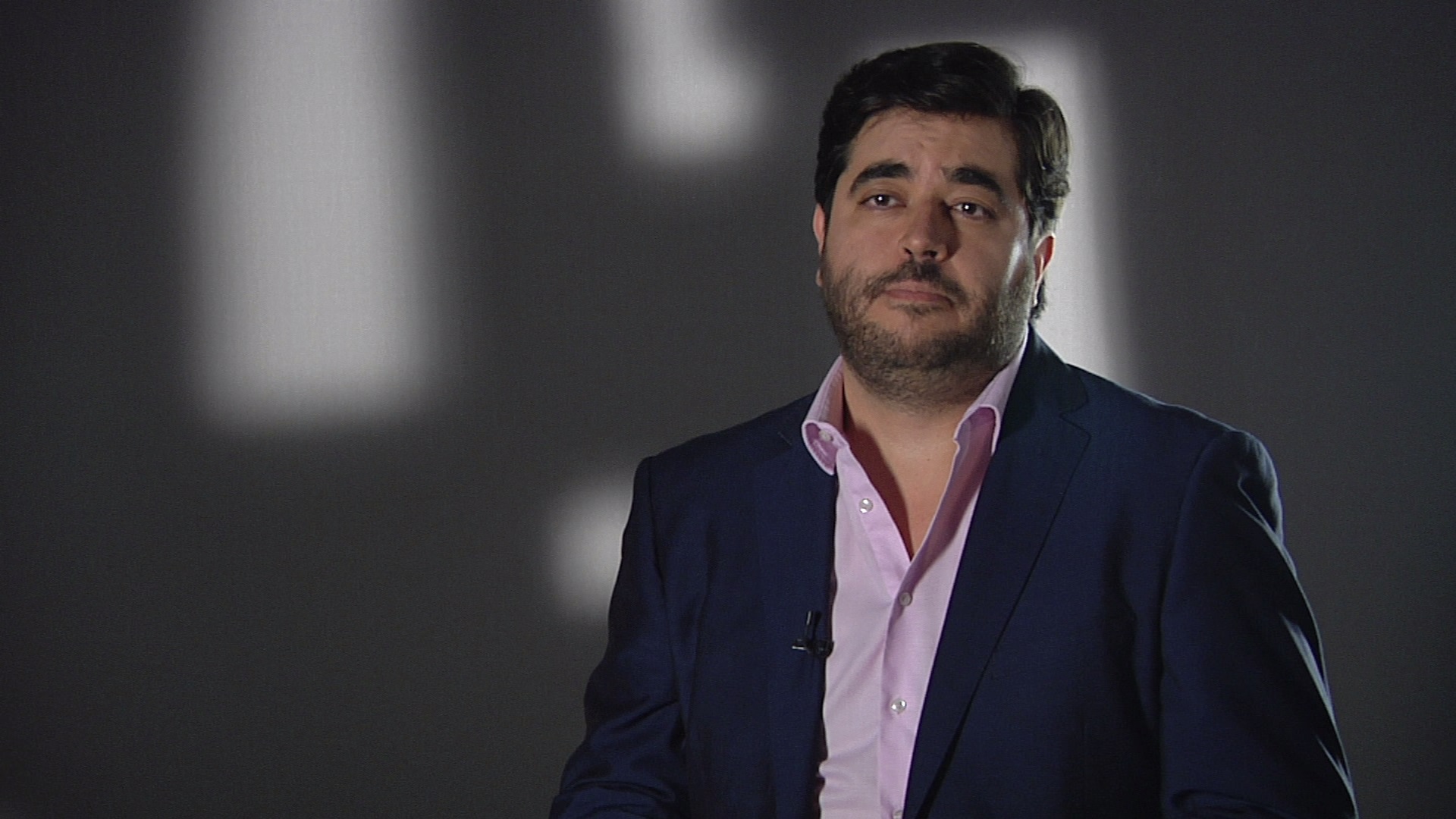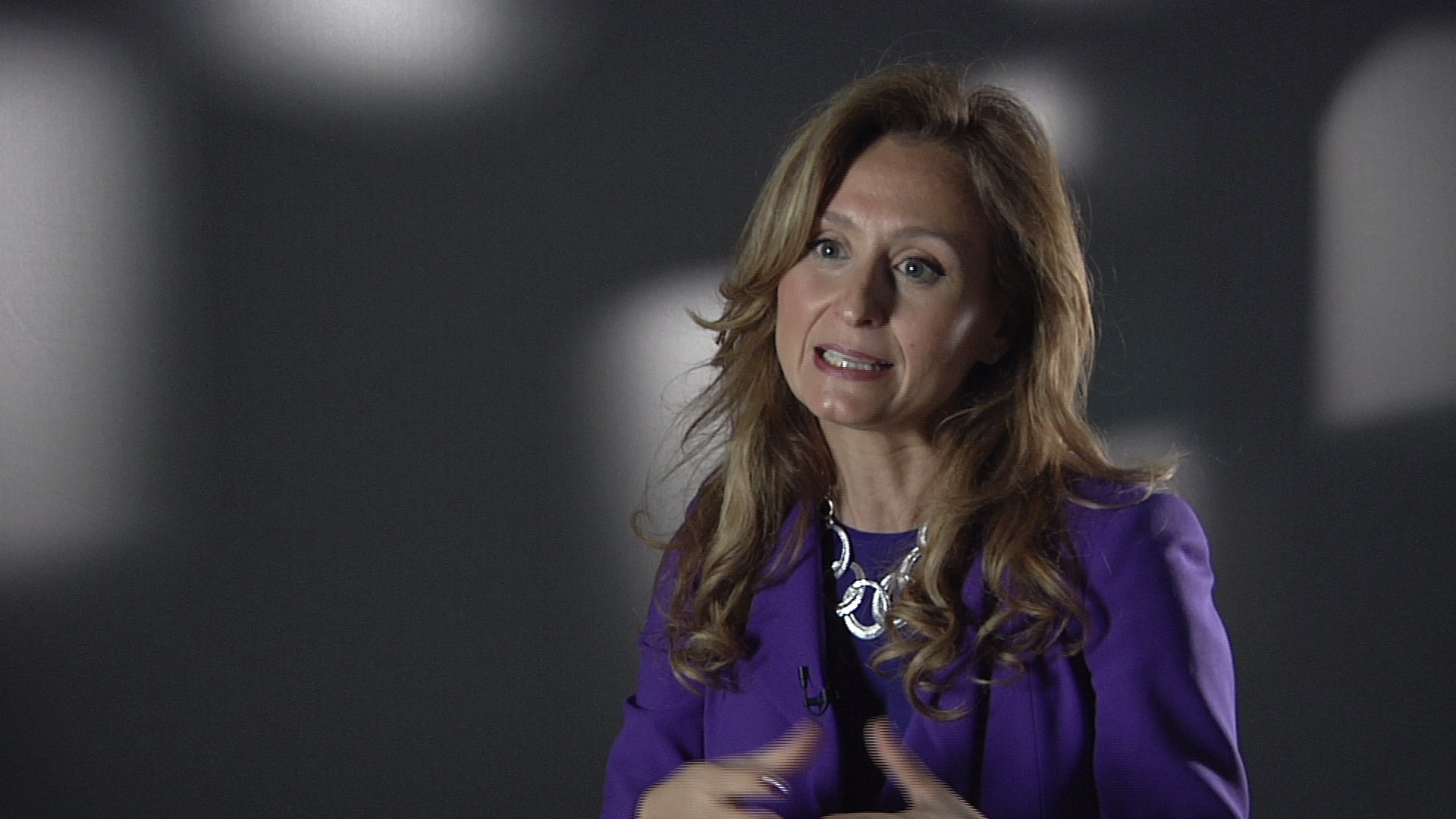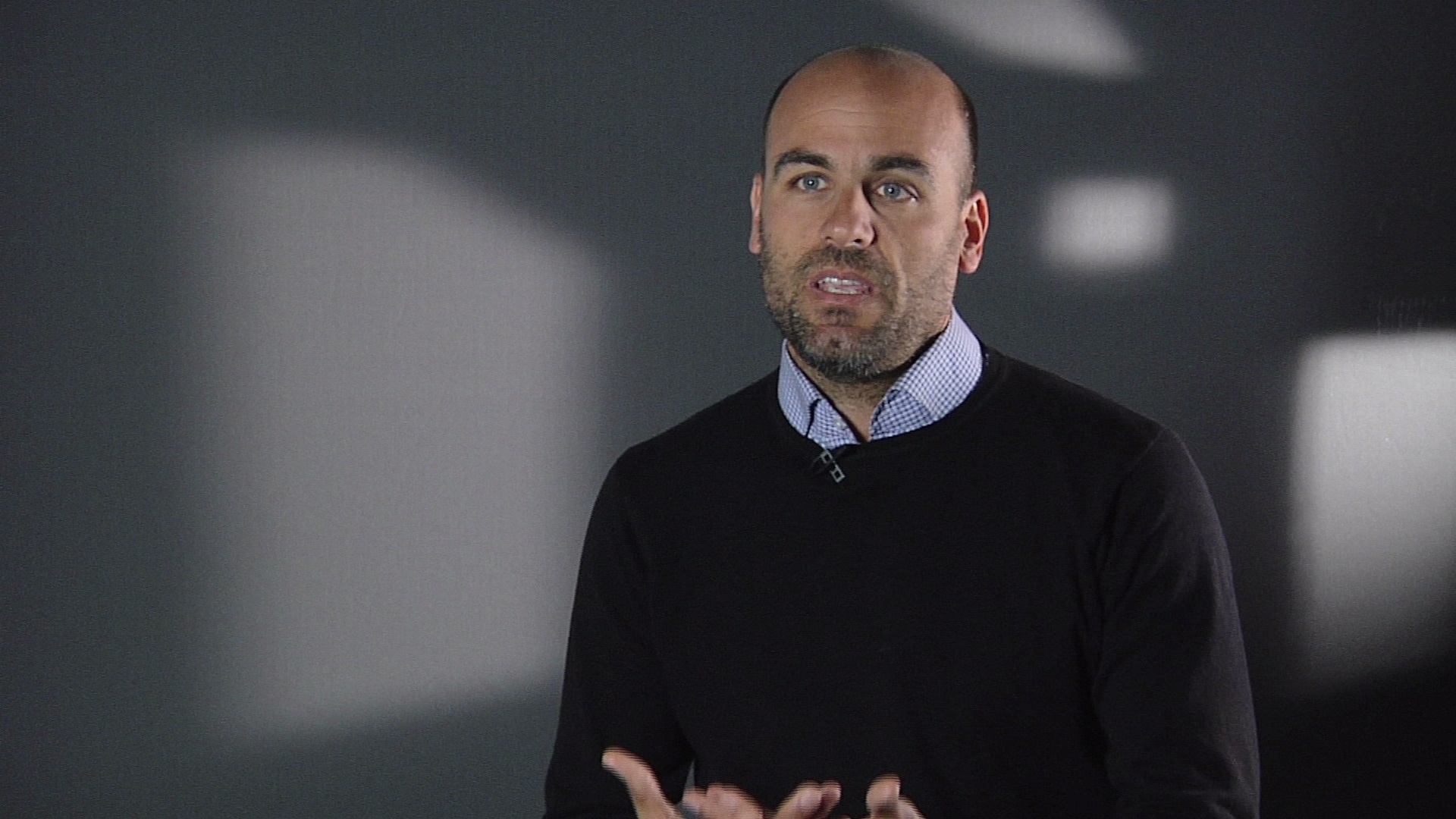Agile Transformation – Learning Experience
General information
In a world in constant change, Agile is used to build solutions in environments, where forecasting in the medium / long term is practically impossible because anything can happen. That is why all companies need Agile as a form of organization and work, to be able to offer flexible solutions and adapt quickly to the changing and unpredictable market that exists today.
This is a learning experience, which implies training within a longer period, with virtual sessions and practice, a lot of practice to accelerate the development of your team. Consult us to understand how to deploy the experience and why it is very effective for a process of implementing Agile and Scrum.
WHAT YOU WILL LEARN
- Know Agile from all perspectives.
- Internalize the Agile philosophy.
- Make estimates from historical data and comparisons.
- Apply Agile techniques and dynamics.
- Start implementing Agile.
- Improve organizations with Agile.
- Define the contractual relationship with the client.
- Understand the empirical control of processes in Scrum.
- Identify the responsibilities in a Scrum process.
- Understand and define the responsibilities of the team.
- Learn the role of the Scrum Master and the Product Owner.
- Understand the role of developers.
- Identify and practice the five events in Scrum.
- Properly identify the Product Goal and the Sprint Goal.
CONTENTS
- The Agile team
- Agile techniques
- Agile dynamics
- Implementing Agile
- Knowing Scrum
- Knowing Kanban
- Lean Startup and Hacking Growth
- Agile Economy
- Agile customer-centric
- How to define the contractual relationship
- Agile contract types
- Waterfall client, Agile provider
- Scrum theory
- Empiricism, Lean Thinking and Scrum Values
- Responsibilities in Scrum
- Events in Scrum
- Artifacts
- Facilitation, coaching and mentoring
- Self-Organizing Teams and Leadership Styles
- Forecasting & Release Planning
- Product value
- Business Strategy, Stakeholders & Customers
- Emergent Development
- Managing technical risks, optimizing flow and continuous quality
- Design of culture in organizations, portfolio planning and Evidence-Based Management (EBM)
- Webinars
- Quizzes
- Simulations


